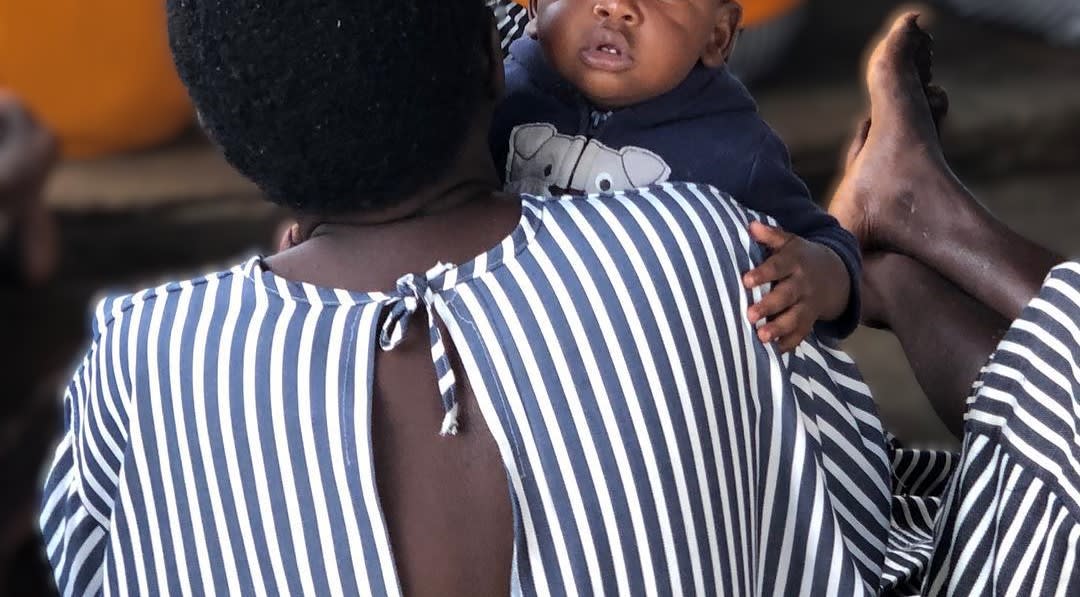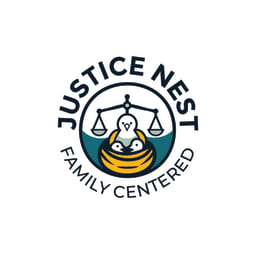
Justice Nest is a newly registered charity (MARCH 2024). The founder is an experienced Kenyan advocate who has worked in the non-profit for over 17 years focusing on child rights, women's right, human rights and access to Justice. While working in the system, she witnessed the effect of the justice system on families and has decided to step in to prevent further family disintegration by the justice system.
Justice Nest is a non-profit organization dedicated to ensuring access to justice for vulnerable families and individuals in Kenya. We aim to protect and restore families in contact with the justice system, focusing on women, children, and prisoners. Justice Nest is a family-centered, holistic justice non-profit organization dedicated to protecting and restoring families in contact with the justice system. Our mission is to transform the justice system and strengthen families by promoting policies and practices that reduce reliance on incarceration. We provide legal education, holistic representation and advocate for community-based alternatives to prosecution through partnerships. We advocate for restorative and holistic justice, ensuring that vulnerable populations receive the support and resources they need to thrive. We envision a society where the justice system prioritizes the well-being of families, actively interrupting the cycle of family disintegration and preventing the pipeline to prison.
At Justice Nest, we recognize the complexity of the justice system and its role in perpetuating family disintegration and poverty. Our Mother and Children Restorative justice program aim to address the root causes that lead women and children into conflict with the law, such as poverty, trauma, and lack of familial support. By working closely with the Office of the Director of Public Prosecutions and the judiciary, we advocate for alternatives to prosecution and provide pathways for rehabilitation and reintegration.
Our Prison paralegal program seeks to bridge the justice gap. Access to legal representation is a fundamental right, yet many prisoners in Kenya face significant barriers in obtaining adequate legal assistance. 90% of those in prison do not have access to legal services. To put it in perspective, with a prison population of over 55,000, about 50,000 of those barely have hope that they will leave the system. This problem is multifaceted and involves issues of availability, affordability, and systemic inefficiencies. There is no office of public defenders in Kenya to meet the demand at the state level. A majority of lawyers are based in urban areas, making it difficult for prisoners in rural regions to access legal help. "The ratio of lawyers to the population in Kenya is alarmingly low, especially in rural areas where legal services are almost non-existent." - Law Society of Kenya
Donors
Rhani Choi 1I am happy to donate for the Mother's Day Challenge! I have been blessed with a wonderful mother and mother-in-law and I had wonderful grandmothers. My life is so much better because I was connected to them. I hope all children can share th...
Rhani Choi David Klaus To the fundraiser: Transform access to justice Kenya Prison paralegal training2Veronica Finkelstein2 Robby Gordon2 Marcia Levy2 Wendy McCormack2 Matthew McCoyd2
